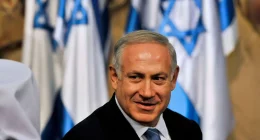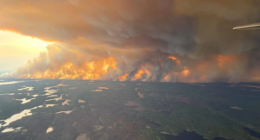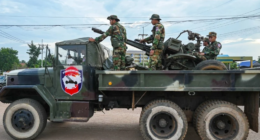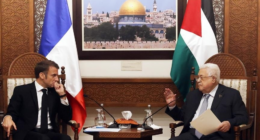Israeli forces have reportedly killed Yahya Sinwar, a senior Hamas leader and key architect of last year’s devastating attack on Israel. The military announced the development on Thursday, revealing that troops encountered Sinwar in a battle in Gaza and later discovered his body in the rubble. His death is being hailed by Israeli leaders as a significant victory in the ongoing conflict, which has claimed thousands of lives and resulted in widespread destruction in Gaza.
Prime Minister Benjamin Netanyahu characterized Sinwar’s killing as a “settling of scores,” coming just over a year after Hamas militants launched a surprise assault that killed approximately 1,200 Israelis and resulted in the kidnapping of 250 others. Netanyahu emphasized that this moment marks the beginning of a new phase in the campaign against Hamas, urging the group to surrender and release around 100 hostages still held in Gaza.
“This is the start of the day after Hamas,” Netanyahu declared, suggesting a possible shift in control over Gaza. U.S. officials expressed cautious optimism that Sinwar’s removal could lead to a cease-fire, although the situation remains fluid. Since the conflict escalated, more than 42,000 Palestinians have been reported killed, with the Gaza Health Ministry indicating that a significant portion of those casualties are women and children. The ongoing war has devastated much of the Gaza Strip, and while Sinwar’s death is seen as a significant blow to Hamas, the group has historically demonstrated resilience in the face of leadership losses.
Despite the military’s claims, Hamas has yet to confirm Sinwar’s death. Israeli leadership maintains that operations will continue until all hostages are freed, with an emphasis on preventing Hamas from rearming—a strategy that implies a prolonged military presence in Gaza. This raises concerns about a potential occupation that could extend for months or even years.
In addition to the conflict in Gaza, Israel has recently escalated its military actions against Hezbollah in Lebanon, launching a ground campaign against the Iran-backed militia following a year of sporadic cross-border confrontations. The situation remains tense, with ongoing military operations likely to impact the broader region as tensions continue to rise.









